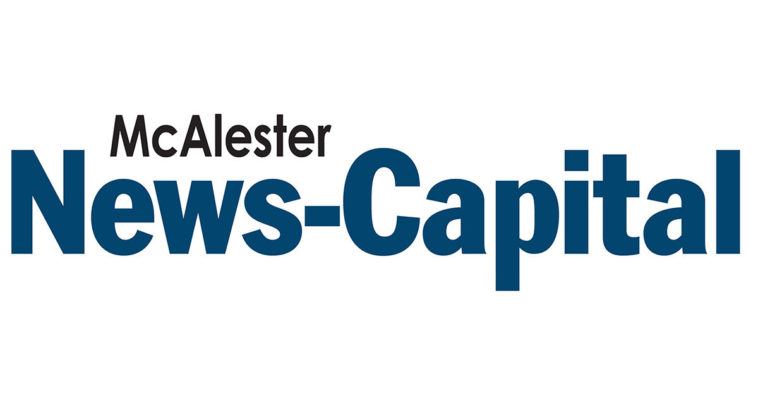NEWBY: More to truly-local than shopping and eating – Mcalester News Capital

I recently saw a simple, yet excellent marketing campaign by Americas Newspapers that said, “Shop Local, Eat Local, Read Local”. Nothing could be more critical for a local community than this simple statement. After all, keeping as many dollars local as possible is what keeps pumping the lifeblood throughout a community.
Ironically, that same day I saw a piece in the MediaPost publication indicating that more people than ever are consuming and paying for news and information. That may seem to be a great trend if you are a media company, but the “rest of the story” as Paul Harvey might have used with this piece seems to indicate a troubling trend. The lion’s share of this shift is benefiting national news and information outlets, not local ones.
While we don’t downplay the need for national news and information, one must wonder why communities would neglect information in one’s own backyard. One of the biggest issues facing most every local community is the ability to convey needful and timely information. I would argue being locally informed is every bit as critical as being nationally informed. I might even go as far as to say, it is even more critical. Additionally, I would suggest that a well-run local newspaper or media company is able to move a community forward during these challenging economic times.
Before we touch on the need for communities to support their local news and information products just as they would support shopping, dining, and overall spending locally, let’s look at why this trend might be so. Let’s start internally, we have two groups of local media companies. In the first group, we must take an honest look at many of the local products being shoved off as local newspapers. They are run by out-of-town media owners who have no presence. Their staff has been cut to the bone. With staff cuts, content is more cookie-cutter, regional, and less about their community. Publishers or the face of the community have been eliminated. They have simply allowed their local media company to become a nameless entity in the community, throwing out information most could care less about.
We certainly don’t want to paint with broad strokes, lumping all newspapers in group one. Mismanagement pointed out in group one isn’t the case everywhere. In group two, there are many local media products where money, time, human capital, and much more are being poured into the local community. Whilst the first poorly managed group of media companies deserve their fate, this second group deserves and needs the support of their communities in much greater ways.
For these truly-local media companies in group two, we must understand the need to shop and dine locally, but we all must catch the greater vision as to why we need to read locally as well. I have yet to consult with any communities and/or media companies that have an outstanding community information network. It isn’t a lack of informational tools, it is an over-abundance of these informational tools. In the world of information fragmentation, that includes traditional media such as newspapers, TV, radio, and so forth, we now can add digital outlets, social media, cable TV, and so much more. Without a comprehensive community vision as to how information will be shared far and wide, it will be shared in multiple fragments where no one in the community gets the whole information feed.
I would challenge every community leadership team to sit down with their local media company and carve out a communitywide communication strategy moving forward. Media companies in the second grouping are in a unique position to assist in accomplishing this task.
Throughout the United States, we are seeing an abundance of what is referred to as a ‘news desert’. These are communities that have lost their media representation. In a very competitive community environment, communities can ill afford to be a news or information desert. These deserts lose their identity and ability to compete. Don’t let your community be an information desert. By working together with your media company you can be an oasis in the desert that has impacted over 2000 communities in the past 20 years.
John A. Newby, author of the “Building Main Street, Not Wall Street ” column dedicated to helping communities and local media companies combine synergies allowing them to not just survive but thrive in a world where their “Truly-Local” identity is being lost to Amazon, Wall Street chains and others. His email is: john@360MediaAlliance.net.
Published at Mon, 28 Jun 2021 13:24:37 +0000





Comments
Loading…